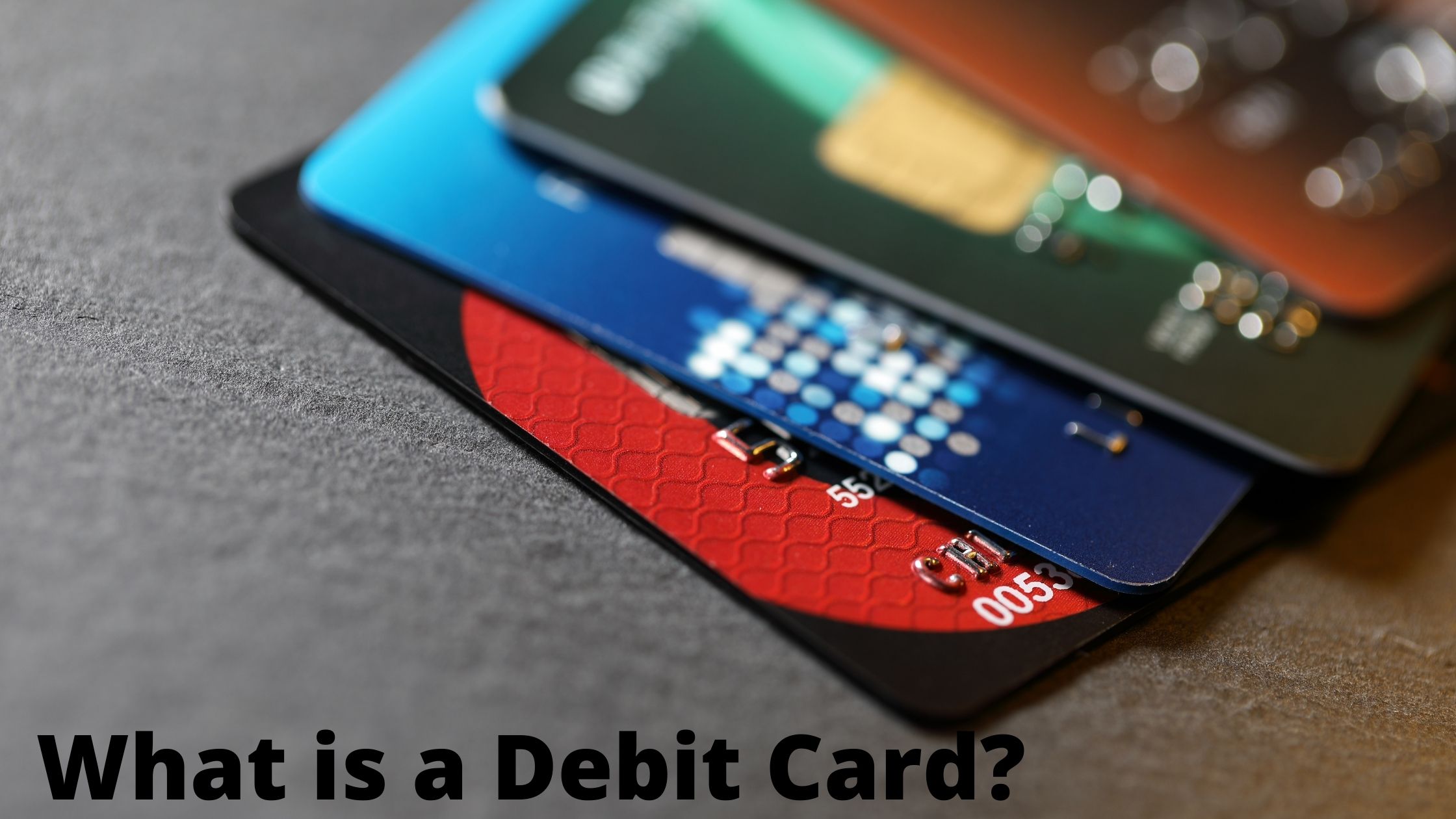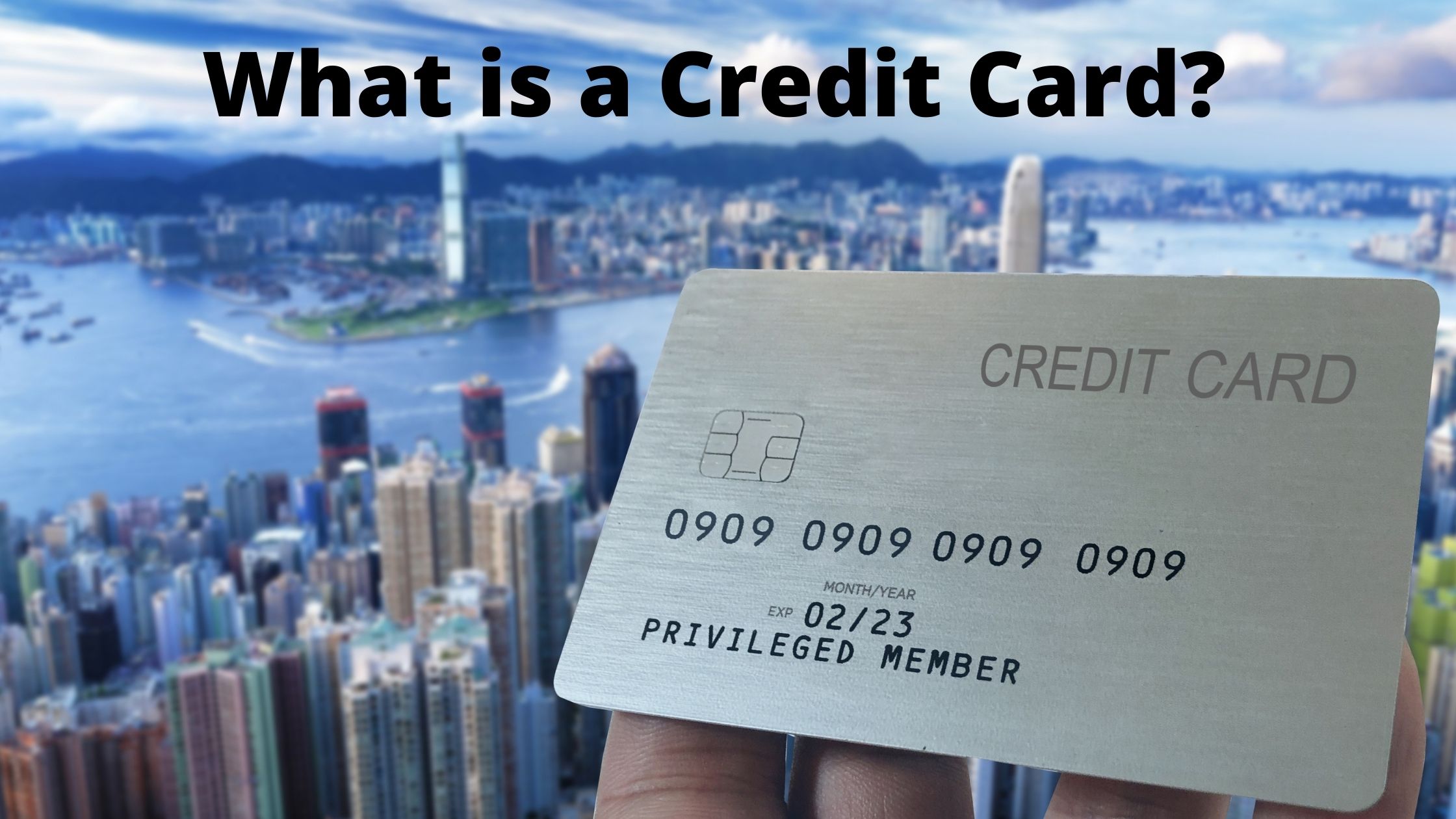Credit cards have been around for a while now, and as the world has become more and more connected, so too has the use of credit cards. What are the differences between a debit card and a credit card? In this article, we will explore these differences and show you why you might want to choose one over the other.
What is a Debit Card?
Debit cards are similar to credit cards in that they allow you to purchase items and withdraw cash from an ATM. However, with a debit card, the funds are transferred immediately from your checking or savings account to the merchant’s account. This means that you aren’t charged interest on your deposited money.
Debit cards are becoming more popular than credit cards because they’re less expensive to use and they don’t require a credit score. They’re also accepted at many places that don’t take credit cards, such as ATMs and convenience stores.
A debit card is good for emergencies because it doesn’t require a bank account. You can also use a debit card to pay for small purchases, such as groceries or gas.
What is a Credit Card?
A credit card is a type of plastic payment card that allows consumers to borrow money up to a certain limit in order to purchase items or withdraw cash. The cardholder is then required to pay back the borrowed money plus interest and fees over time. Credit cards are often considered more risky than debit cards, as the user may not be able to repay the full amount if they can’t meet their monthly payments. However, credit cards offer consumers a number of benefits, such as staying current on their credit score and access to emergency funds.
How Do They Work?
Debit cards are like plastic cards that are used to withdraw money from an account. When a debit card is used, the funds are transferred immediately from the account and the cardholder doesn’t have to pay interest on these funds. Credit cards work a little differently. When a credit card is used, the cardholder borrows money from the credit card company up front and then has to pay back that money plus interest over time.
Pros and Cons of Having a Debit or Credit Card
Debit cards are seen as the safer option when it comes to spending money, as there is no risk of losing your money if the card is stolen. However, credit cards can also be a great way to build your credit score, as payments made on them are often reported to credit bureaus.
When choosing between a debit card and a credit card, it is important to understand the pros and cons of each. Here are some key differences:
-Debit cards require you to have a checking account, while credit cards do not.
-Debit cards may have lower processing fees than credit cards.
-Debit cards do not offer rewards or bonuses like credit cards do.
-Debit cards incur interest if not used in a certain period of time, while credit cards usually have no annual or monthly fees.
Conclusion
When it comes to finances, most of us are probably pretty familiar with debit cards and credit cards. But what is the difference between a debit card and a credit card? And just how do they work? In this article, we’ll explore the basics of both types of cards and explain why you might want to choose one over the other.


